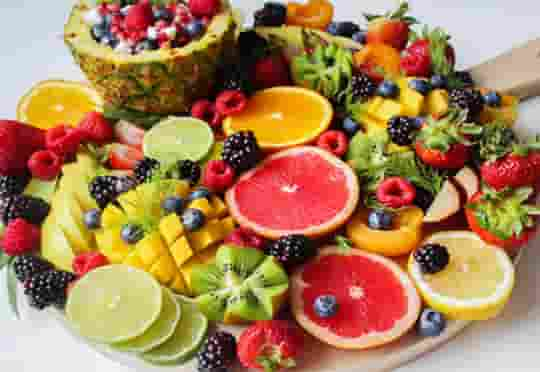Omega-3 fatty acids work differently: one is more effective in reducing inflammation and the other is more important in preventing heart disease.
The omega-3 fatty acids eicosapentaenoic acid (EPA) and docosahexaenoic acid (DHA), which are mainly found in oily fish have been known for their protective effect against chronic inflammation, cardiovascular disease, diabetes, arthritis, and some cancers.
However, according to a study, EPA and DHA operate differently to help the immune system and produce different anti-inflammatory actions.
This clinical trail investigated the outcomes of EPA and DHA supplementations on obese adults with chronic inflammation for a period of 34 weeks.
Participants received 3 grams a day of either pure EPA or pure DHA with a wash-out period.
Although both DHA and EPA have been found to lower heart disease risk by decreasing inflammation, DHA in this study seemed to have a more pronounced anti-inflammatory effect compared to EPA.
EPA supplementation reduced the gene expression of only one type of pro-inflammatory proteins (cytokines) whereas DHA reduced four types.
EPA on the other hand was more effective in balancing pro- and anti-inflammatory proteins.
Dr Stefania Lamon-Fava, study co-author, said:
“The jury has been out, so to speak, on how the two major components of fish oil work — and whether one might be better than the other.
These results suggest that DHA is the more powerful of the two on markers of inflammation in the body, but that’s not the end of the story.”
Ms Jisun So, the study’s first author, said:
“In our bodies, there is always this balance between pro-inflammatory and anti-inflammatory proteins, and we found EPA was better than DHA at enhancing that balance.
For the prevention of cardiovascular disease, previous research tells us that balance is very important.”
The Dietary Guidelines for Americans recommends eating 4 ounces (114 g) of seafood twice a week .
Trout, salmon, sardines, tuna, mackerel, herring, anchovies, and oysters contain good amounts of omega-3 fatty acids.
Dr Stefania Lamon-Fava concluded:
“Our study gives us a snapshot of how EPA and DHA may work to reduce chronic inflammation, and how each has distinct effects.
Our results provide insight for future research to explore why that is the case and who would benefit from one or both of these healthy fats.”
The study was published in the journal Atherosclerosis (So et al., 2020).








